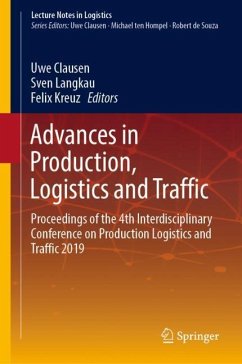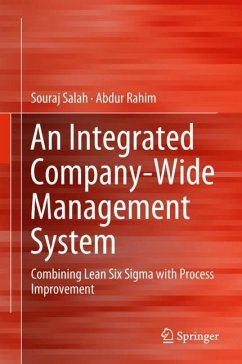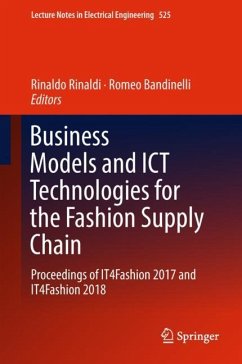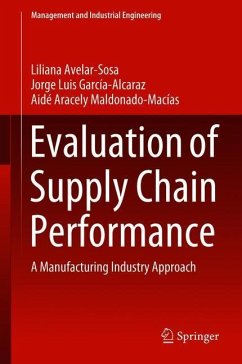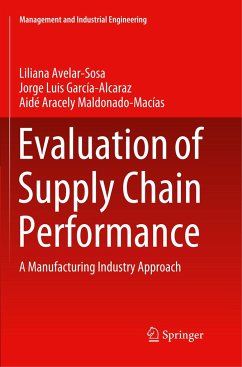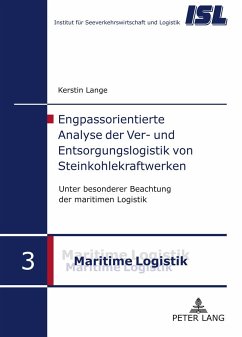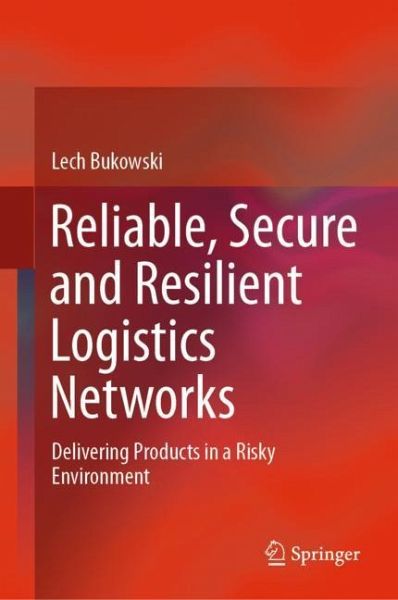
Reliable, Secure and Resilient Logistics Networks
Delivering Products in a Risky Environment

PAYBACK Punkte
38 °P sammeln!
This book synthesizes the current state of knowledge on logistics infrastructures and process modeling, especially for processes that are exposed to changing and uncertain environments. It then builds on this knowledge to present a new concept of dependable product delivery assurance. In order to quantitatively assess dependability, a service continuity oriented approach as well as an imperfect knowledge based concept of risk are employed. This approach is based on the methodology of service engineering and is closely related to the idea of the resilient enterprise, as well as the concept of d...
This book synthesizes the current state of knowledge on logistics infrastructures and process modeling, especially for processes that are exposed to changing and uncertain environments. It then builds on this knowledge to present a new concept of dependable product delivery assurance. In order to quantitatively assess dependability, a service continuity oriented approach as well as an imperfect knowledge based concept of risk are employed. This approach is based on the methodology of service engineering and is closely related to the idea of the resilient enterprise, as well as the concept of disruption-tolerant operation. The practical advantages of this concept are subsequently illustrated in three sample applications: a modified FMECA method, an expert system with fuzzy reasoning, and a simulation agent-based model of logistic network resilience.
The book will benefit a broad readership, including: researchers, especially in systems science, management science and operations research; professionals, especially managers; project managers and analysts; and undergraduate, postgraduate and MBA students in engineering.
The book will benefit a broad readership, including: researchers, especially in systems science, management science and operations research; professionals, especially managers; project managers and analysts; and undergraduate, postgraduate and MBA students in engineering.



